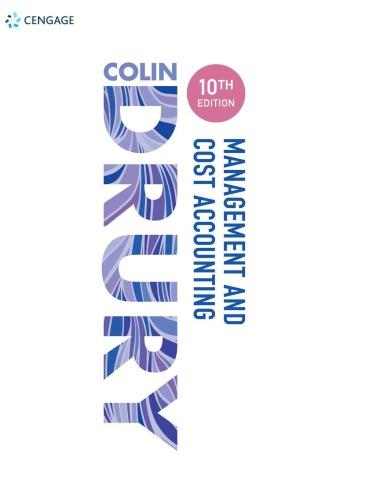South Africa is one of the top gold producers in the world, holding about 6000 metric tons
Question:
South Africa is one of the top gold producers in the world, holding about 6000 metric tons of reserves in mines as of 2015. Most mining operations have waste and by-products, some of which are disposable, reusable or even saleable, others are not. A by-product of gold mining is the heavy metal uranium. In fact, as both gold and uranium are heavy metals, they are often present together in the same mine. The nuclear industry is the number one customer for uranium, and it is also mined for separately. When gold mining is the main objective, the uranium by-product is separated using acid that drains the mines. A report in the Mail & Guardian in November 2010 estimated that 100 000 tonnes of the uranium by-product were in mine dumps in one western region of South Africa alone. The reasons were that gold prices were at high levels (about \($1400\) an ounce in early 2011), meaning mining the uranium is less profitable. Second, a combination of the post-Cold War era and a decline in nuclear power production has seen a fall in demand for uranium. Move forward to 2016, gold prices are about \($200\) less per ounce and the South African government are promising more nuclear power production.
Questions:
1 Assuming the uranium byproduct of a gold mine could be sold, how would an accountant consider whether or not it is worthwhile financially?
2 What factors apart from cost might be considered in the decision?
Step by Step Answer:






